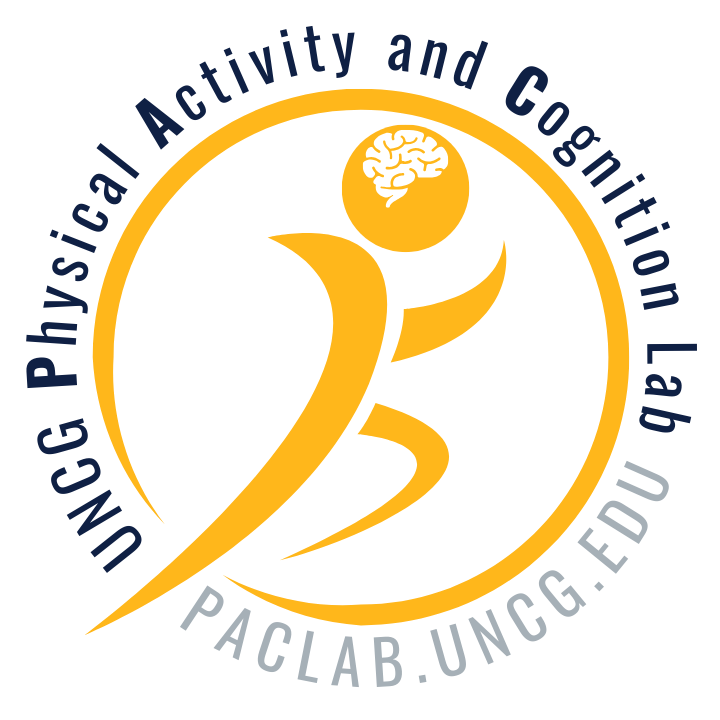LINES OF RESEARCH
- Understanding Mechanisms of the Effects of Physical Activity on Cognition
To enhance our ability to prescribe physical activity to benefit cognitive performance, it is important to understand why physical activity benefits cognitive performance. Our research has focused on several putative mechanisms including brain-derived neurotrophic factor (BDNF), irisin, brain function (using resting state functional magnetic resonance imaging, fMRI, and event-related potentials, ERPs), and brain structure (using MRI). Once mechanisms are more fully understood, this will facilitate our ability to use exercise in a way to maximally benefit cognitive performance. In addition, by understanding mechanisms, this may provide insight into ways that we can combine interventions (e.g., nutrition) with exercise to further benefit cognitive performance. - Designing Physical Activity to Benefit Memory
At this point in time, we do not know exactly how to prescribe exercise in a way that we think will maximize its benefits. Variables to consider for both acute and chronic exercise studies include intensity, duration, and mode. Frequency and length of the intervention are also important considerations for chronic programs. Importantly, it is also possible that the ideal dose of exercise may differ dependent upon the cognitive task being assessed. Our work has focused on both memory and measures of executive function as we attempt to add to our understanding of dose-response effects. - Physical Activity and Cognition in Special Populations
There is evidence to suggest that physical activity might be particularly beneficial for children and older adults. The explanation of this is that children are experiencing rapid brain growth and older adults are experiencing age-related cognitive decline. Hence, it is expected that these groups could particularly benefit from a physical activity program. In our lab, we study the effects of exercise on cognition across the lifespan, but also recognize that there may be others who are also particularly sensitive to the benefits of exercise. In particular, we have done research focused on person’s at genetic risk for Alzheimer’s disease and looking at the effects for children with ADHD.
